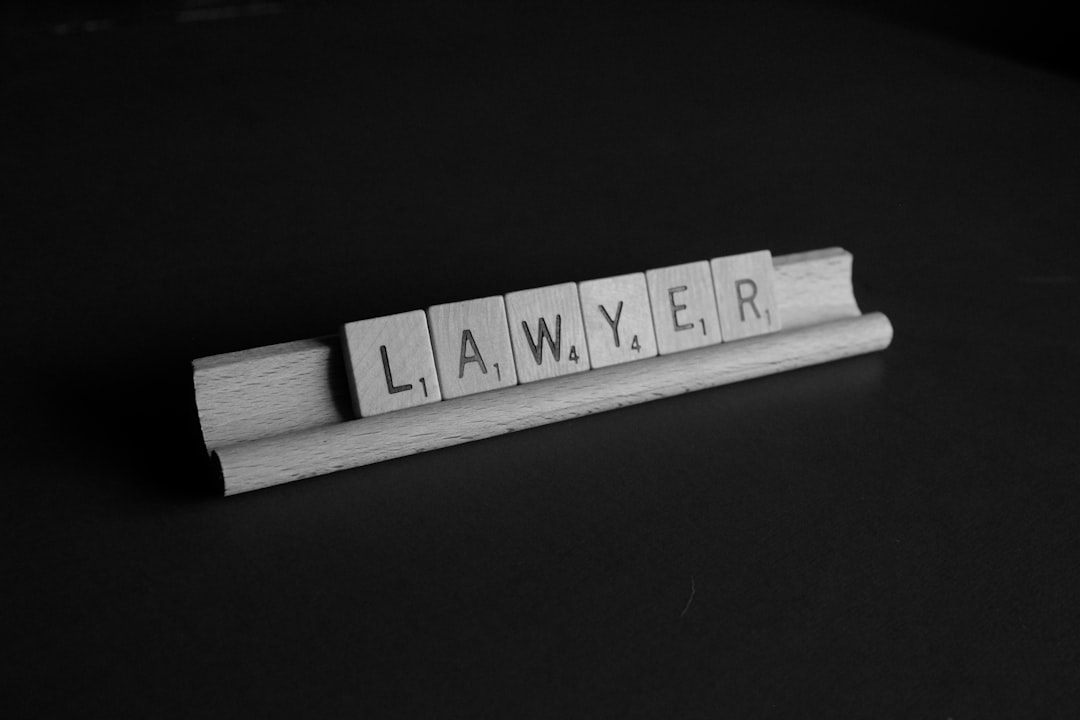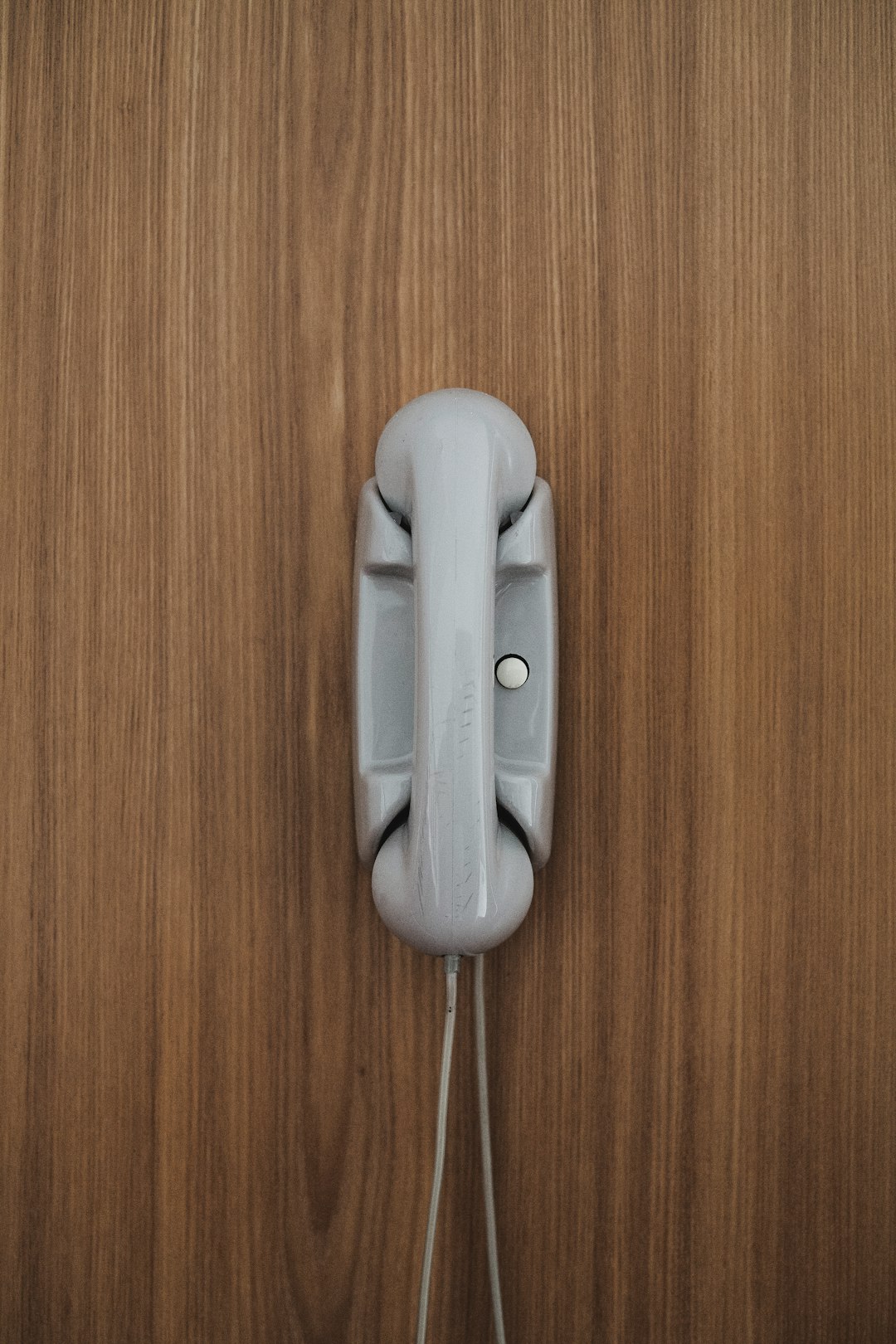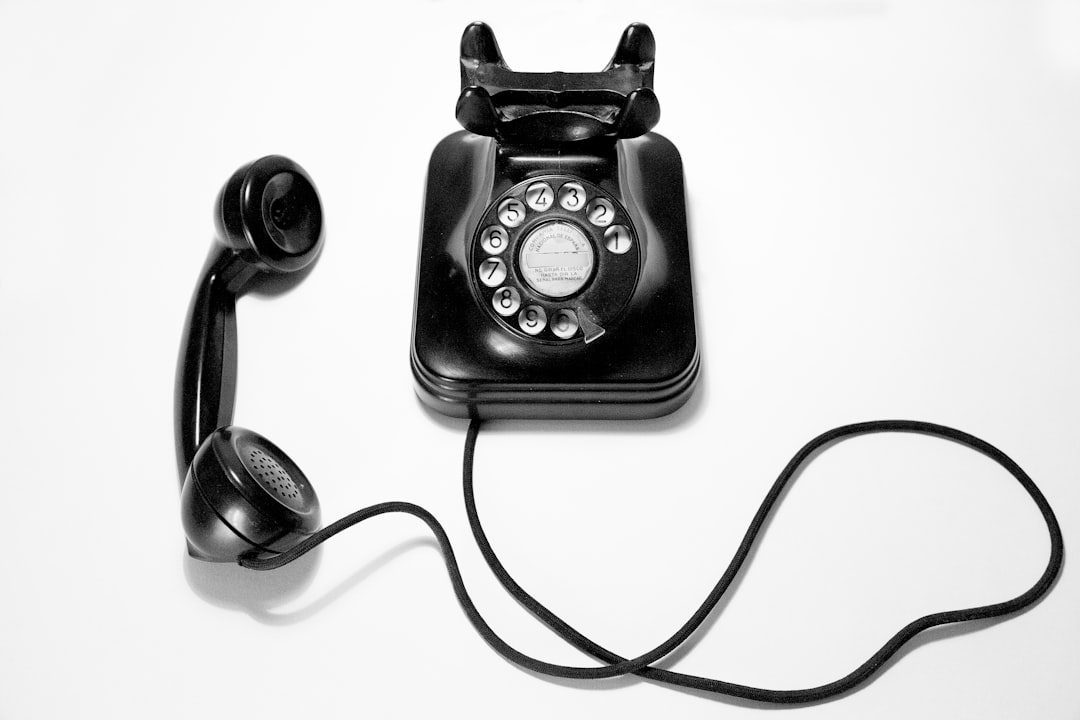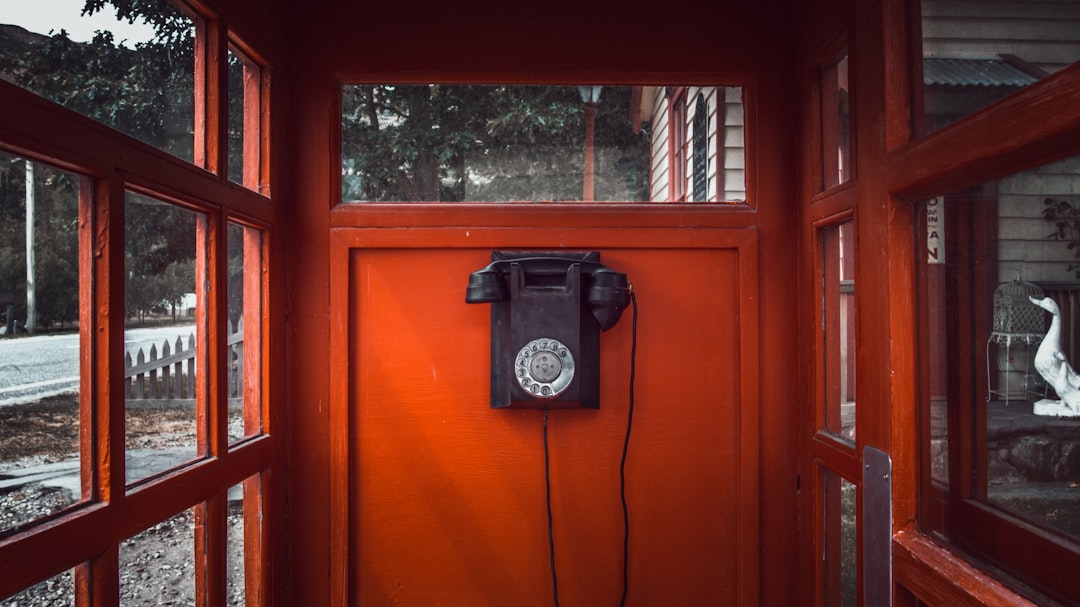In Massachusetts, robocalls are a growing nuisance, disrupting privacy and clean energy sector progress. With over 100 unwanted calls per person monthly, residents seek legal action against automated phone marketing. The Telephone Consumer Protection Act (TCPA) offers consumer rights to sue for damages, but successfully pursuing robocallers is complex. Combating this issue involves stringent do-not-call lists, advanced call blocking, and public education to protect consumer rights and facilitate renewable energy adoption.
In today’s digital age, robocalls have become a growing nuisance in Massachusetts. As automated calls continue to inundate residents’ phones, especially within the clean energy sector, concerns arise regarding their impact on consumer behavior and trust. This article explores the challenges posed by robocalls, delving into their prevalence, effects on renewable energy initiatives, and legal rights for Massachusetts residents, including the potential to sue for unwanted calls. We also offer strategies to mitigate and regulate these intrusive messages effectively.
Robocalls: A Growing Nuisance in Massachusetts

In today’s digital era, robocalls have become a growing nuisance across Massachusetts, much like a relentless storm disrupting the clean energy sector. These automated phone calls, often delivering pre-recorded messages or marketing pitches, are not only an irritant for residents but can also pose significant challenges to businesses and organizations dedicated to promoting sustainable energy practices. The sheer volume of robocalls, some estimated to exceed 100 per person monthly, reflects a disquieting trend that demands attention.
For Massachusetts residents concerned about their privacy and peace of mind, the question often arises: Can I sue for robocalls in Massachusetts? Understanding consumer protection laws is crucial, as these legal frameworks offer some recourse against unsolicited calls. As the clean energy sector navigates this modern-day labyrinthine issue, it’s essential to explore all avenues to protect against unwanted intrusions and foster a more harmonious environment conducive to promoting renewable energy solutions.
Clean Energy Sector's Struggle With Automated Calls

The clean energy sector in Massachusetts, a leader in renewable adoption, faces a new challenge from an old problem—robocalls. Automated calls have become a nuisance for businesses and residents across the state, but their impact is particularly concerning for clean energy companies relying on public engagement to drive growth and innovation. With a focus on sustainability and community outreach, these organizations are struggling to maintain productivity and consumer trust in the face of relentless robocalling.
Many Massachusetts residents, frustrated by the frequency and intrusiveness of robocalls, wonder if they have legal recourse. The ability to sue for robocalls in Massachusetts is not straightforward; federal laws like the Telephone Consumer Protection Act (TCPA) offer some protection, but successful litigation can be complex. Nonetheless, as the clean energy sector continues its vital work, it must also navigate this modern obstacle, ensuring consumer rights while pushing forward with initiatives aimed at a sustainable future.
Legal Rights: Can Massachusetts Residents Sue?

In Massachusetts, residents have legal rights when it comes to robocalls, including those related to clean energy initiatives or any other sector. The Telephone Consumer Protection Act (TCPA) is a federal law that restricts automated phone calls and provides consumers with the right to sue for damages if their privacy is invaded. If you feel your consent has been violated or are receiving unwanted robocalls, you may have grounds to take legal action.
Residents of Massachusetts can file a lawsuit under the TCPA if they believe they have been targeted by illegal robocalling practices. The law allows for individual consumers to seek compensation for each violation, which can include monetary damages and injunctive relief. It’s advisable to consult with an attorney specializing in consumer protection laws to understand your rights and explore potential legal options against companies or organizations making unwanted robocalls.
Impact on Consumer Behavior and Trust

Robocalls have significantly impacted consumer behavior in Massachusetts, as they often disrupt and frustrate residents. With an increasing number of automated calls promoting various services or products, many Massachusetters are left questioning their privacy rights and feeling a diminished sense of trust. The constant barrage of unsolicited calls can lead to consumer fatigue, causing individuals to become more skeptical of marketing efforts and potentially hindering genuine outreach from clean energy companies.
The concern over robocalls extends beyond annoyance; it sparks discussions about legal remedies. In Massachusetts, the Can I Sue For Robocalls debate has gained traction as consumers seek justice and protection. The state’s regulations on telemarketing practices offer some safeguards, but enforcement remains a challenge. As the clean energy sector relies heavily on public engagement, addressing the robocall issue is crucial to fostering trust and ensuring a successful transition to sustainable energy sources.
Strategies to Mitigate and Regulate Robocalls Effectively

In the pursuit of mitigating and regulating robocalls effectively, several strategies can be employed to safeguard Massachusetts’ clean energy sector. One key approach is implementing stringent do-not-call lists and ensuring their robust enforcement. Consumers in Massachusetts have the right to opt-out of receiving unsolicited calls, including those promoting renewable energy services. Businesses must adhere to these regulations, offering consumers a way to register their numbers and significantly reducing unwanted robocalls.
Additionally, leveraging advanced call blocking technologies can be effective. Many modern phone systems include built-in features or apps that allow users to identify and block specific caller IDs, including robocallers. Encouraging clean energy companies and their partners to adopt such technologies can create a layered defense against these nuisance calls. Furthermore, educating the public about how to recognize and report robocalls is vital; this awareness can empower individuals to take legal action if necessary, even in the context of Can I Sue For Robocalls Massachusetts, ensuring accountability among offenders.






